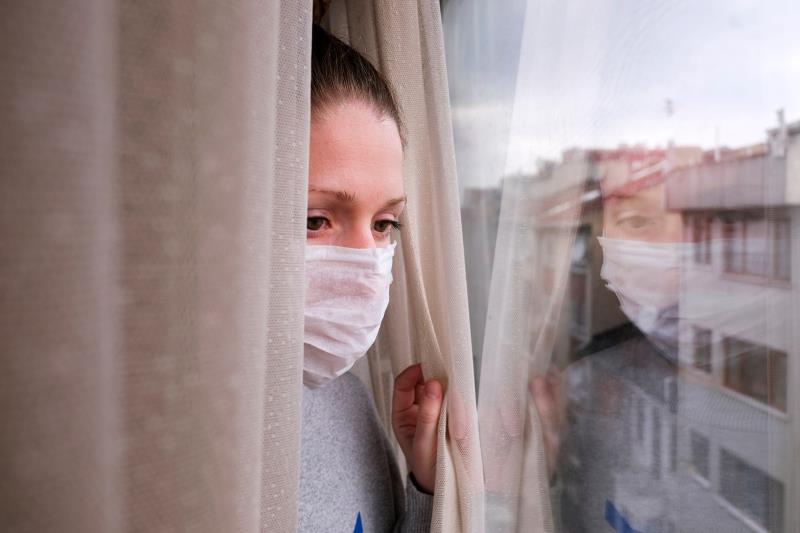Short-term delirium common in coronavirus infections





A recent systematic review and meta-analysis on coronavirus infections suggests that most infected patients would recover without experiencing mental illness, with short-term delirium being the most common neuropsychiatric complication in the acute stage.
In the study, data on psychiatric signs or symptoms, symptom severity, diagnoses (based on International Classification of Diseases 10th edition [ICD-10], Diagnostic and Statistical Manual of Mental Disorders 4th edition [DSM-IV] or the Chinese Classification of Mental Disorders 3rd edition [CCMD-3] or psychometric scales), quality of life and employment of individuals with suspected or laboratory-confirmed coronavirus infection (ie, severe acute respiratory syndrome coronavirus 2 [SARS-CoV-2], SARS-CoV and Middle East respiratory syndrome coronavirus [MERS-CoV]) were retrieved from 65 peer-reviewed studies and seven preprints. [Lancet Psychiatry 2020, doi: 10.1016/S2215-0366(20)30203-0]
More than 3,550 coronavirus cases were included. The patients’ mean age was 12.2–68.0 years and post-illness follow-up time was between 60 days and 12 years.
During the acute phase of illness, 41.9 percent, 38.2 percent, 35.7 percent, 34.1 percent, 32.6 percent and 27.9 percent of patients with SARS or MERS infection had symptoms of insomnia, impaired concentration or attention, anxiety, impaired memory, depressed mood and confusion, respectively. Diagnoses of steroid-induced mania and psychosis were reported in 0.7 percent of patients in a study in Hong Kong.
In the post-illness stage, sleeping disorder, traumatic memories, fatigue, memory impairment, irritability and anxiety, were reported in 100 percent, 30.4 percent, 19.3 percent, 18.9 percent, 12.8 percent and 12.3 percent of patients with SARS or MERS infection, respectively. The point prevalence was 32.2 percent, 14.9 percent and 14.8 percent for traumatic stress disorder, depression and anxiety disorder, respectively.
Patients with SARS-CoV infection scored 6.5 and 6.2 on anxiety and depression subscales of the Hospital Anxiety and Depression Scale (HADS). The weighted mean symptom score was 10.8, 8.8, 8.1 and 20.7 for Impact of Event Scale Revised (IES-R) intrusion, avoidance, hyperarousal subscales and total score, respectively.
Compared with the general population, patients with SARS-CoV infection had a lower health-related quality of life (measured by Short Form 36 Health Survey Questionnaire [SF-36]), with a pooled mean difference of -26.4 points, -15.4 points and -10.6 points for subscales of social functioning, role limitation and mental health, respectively.
More than 75 percent (76.9 percent) of patients with SARS-CoV or MERS-CoV infection had returned to work at a mean follow-up of 35.3 months.
In patients with SARS-CoV-2 infection, evidence of delirium with agitation, confusion and altered consciousness was present in 69 percent, 65 percent and 21 percent, respectively. At discharge, 33 percent of patients in one study had dysexecutive syndrome, while neuropsychiatric features of meningitis-encephalitis and hypoxic encephalopathy were reported in three cases.
Among all studies included in the systematic review and meta-analysis, 45.3 percent were deemed to be of low quality, with 5.6 percent deemed to be of high quality.
“Clinicians should be aware of the possibility of depression, anxiety, fatigue, post-traumatic stress disorder and rarer neuropsychiatric syndromes in the longer term,” the researchers concluded.